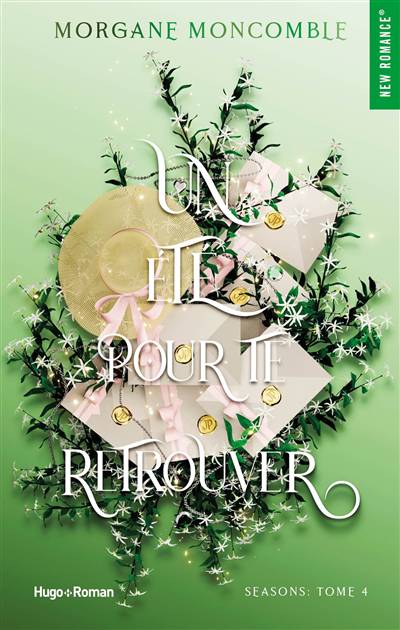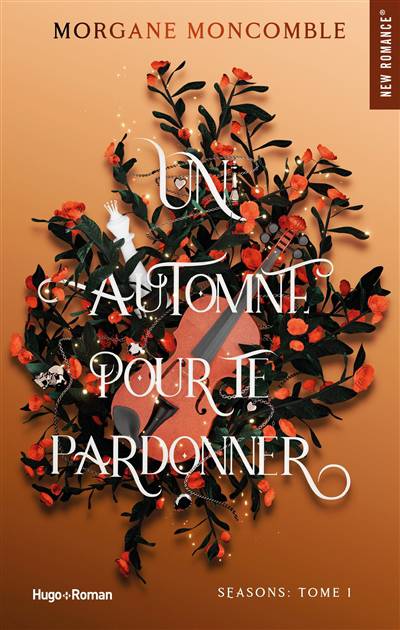
En raison de travaux planifiés, le Cloud Vivlio ne sera pas accessible le mardi 9 juillet entre 00h00 et 05h00. Les E-Books achetés pendant cette période seront activés par la suite.
- Retrait gratuit dans votre magasin Club
- 7.000.000 titres dans notre catalogue
- Payer en toute sécurité
- Toujours un magasin près de chez vous
- Retrait gratuit dans votre magasin Club
- 7.000.000 titres dans notre catalogue
- Payer en toute sécurité
- Toujours un magasin près de chez vous
Description
George Sand, the pen name of Amantine Lucile Aurore Dupin (1804-76), was a French novelist, memoirist and socialist, recognised as one of the most notable writers of the European Romantic era. She was born in Paris and raised for much of her childhood by her grandmother at her estate in the province of Berry, which Sand later used as the setting for many of her novels. She adopted an unconventional lifestyle, donning male attire and smoking in public, and in 1831 left her husband, whom she had married at 18 in 1822, to enter upon a period of 'romantic rebellion' before legally separating in 1835 and taking custody of their two children. She had affairs with a number of prominent literary figures including Prosper Merimee and Alfred de Musset, and a long relationship with the composer, Chopin. By the age of 27 she was the most popular writer in Europe, remaining immensely influential throughout her lifetime and long after her death. In 1836 the first of several compendia of her writings was published in 24 volumes and in total four separate editions of her 'Complete Works' were published in her lifetime. Mauprat, first published in serial form in April and May 1837, is a tale of love and education which, like many of Sand's novels, borrows from various fiction genres - the Gothic novel, chivalric romance, the Bildungsroman, detective fiction and the historical novel. The book was adapted into a silent film in 1926 on which Luis Bunuel worked as assistant director. Reprinted from an English translation by Stanley Young which also includes a biographical sketch of Sand by Edmund Gosse.
Spécifications
Parties prenantes
- Auteur(s) :
- Editeur:
Contenu
- Nombre de pages :
- 240
- Langue:
- Anglais
Caractéristiques
- EAN:
- 9781406800333
- Date de parution :
- 12-06-06
- Format:
- Livre broché
- Format numérique:
- Trade paperback (VS)
- Dimensions :
- 152 mm x 229 mm
- Poids :
- 358 g







